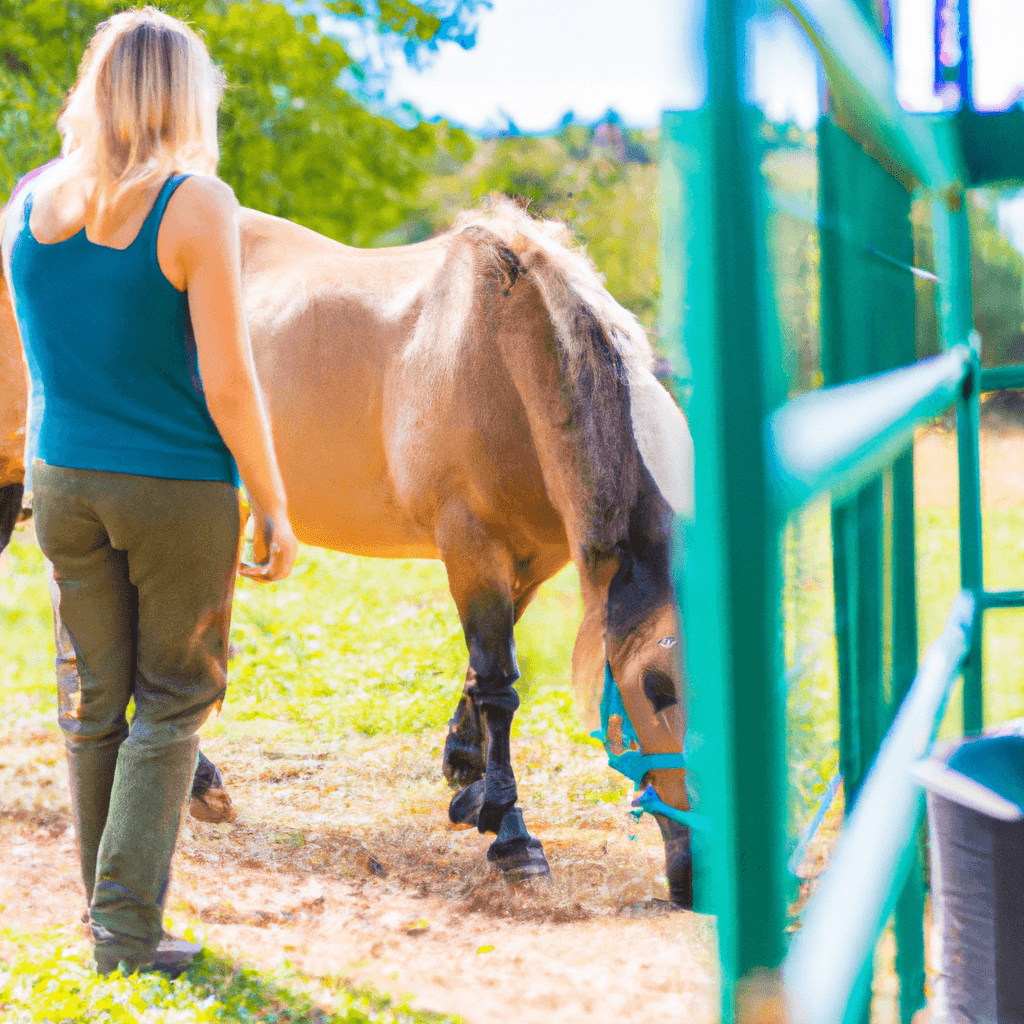Sustainable Equestrian Practices: Eco-Friendly Horse Care and Facility Management
Green Equestrian
@Green Equestrian

Sustainable Equestrian Practices: Eco-Friendly Horse Care and Facility Management
Table of Contents
- Introduction
- Sustainable Horse Care
- Eco-Friendly Facility Management
- Conservation and Land Use
- Waste Management Practices
- Interactive Quiz
- Conclusion
Introduction
As awareness of environmental impact grows, equestrians are seeking ways to incorporate sustainability into their practices. This article delves into sustainable horse care and facility management, focusing on eco-friendly methods to enhance your operations.
Sustainable Horse Care
Implementing sustainable horse care methods involves choosing products and practices that reduce environmental impact:
-
Feed Choices:
- Opt for organic or locally-sourced hay and feed to minimize carbon footprint.
- Explore hay alternatives like forage crops.
-
Health Care Management:
- Use holistic approaches for health care, such as acupuncture and chiropractic care, which can reduce dependency on pharmaceuticals.
- Consider herbal supplements and natural remedies when suitable.
-
Horse Waste Management:
- Compost manure to create nutrient-rich fertilizer for gardens or fields, reducing waste and enhancing soil health.
- Utilize a “paddock paradise” system to manage waste effectively by rotating grazing areas.
Eco-Friendly Facility Management
Managing your equestrian facility sustainably can significantly impact your local ecosystem. Here are some strategies:
| Practice | Benefits |
|---|---|
| Rainwater Harvesting | Reduces water costs and conserves water resources |
| Energy-Efficient Lighting | Lowers energy bills and reduces carbon footprint |
| Sustainable Fencing Options | Using recycled or eco-friendly materials minimizes waste |
Tips for Eco-Friendly Facilities:
- Choose sustainable materials, such as bamboo, for barn construction and fencing.
- Implement energy-efficient practices, such as solar panels or wind turbines, to power facility operations.
Conservation and Land Use
Responsible land management plays a crucial role in promoting sustainability:
- Grazing Management: Rotate fields to prevent overgrazing and promote pasture health.
- Native Plants: Use native plants in landscaping to support local wildlife and decrease water usage.
Tip: Involve your local community in conservation efforts, such as establishing horse trails to reduce habitat disruption.
Waste Management Practices
Efficient waste management is key to maintaining sustainable equestrian practices:
- Recycling: Establish recycling stations for feed bags, plastic items, and old equipment.
- Manure Management: As mentioned earlier, composting helps recycle manure while providing valuable soil amendments.
Innovative Waste Solutions:
- Collaborate with local farmers to utilize manure as a fertilizer.
- Consider creating a waste-to-energy program for organic waste disposal.
Interactive Quiz
Footnotes
Conclusion
Sustainable equestrian practices encourage responsible horse care and facility management. By incorporating these eco-friendly approaches, you can help protect the environment while fostering well-being for both horses and the local ecosystem. Together, we can promote sustainable equestrianism for future generations.
Share Your Experience
What sustainable practices have you implemented in your equestrian routine? Share your insights and tips in the comments below!